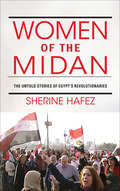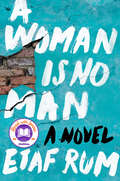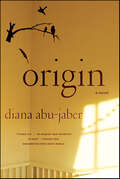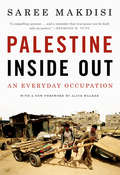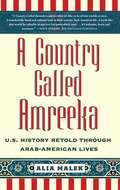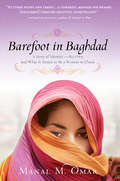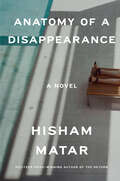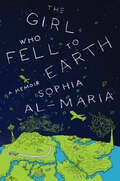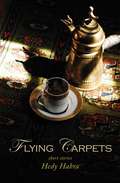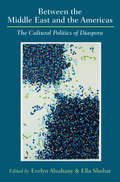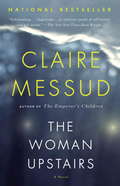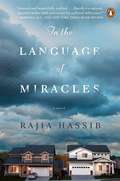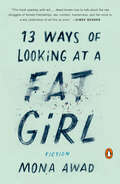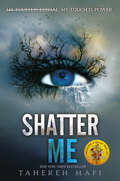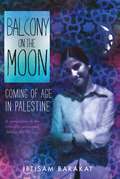Special Collections
Arab American Book Award
- Table View
- List View
| Year | Category | Award | Title | Author | Date Added | Action |
|---|---|---|---|---|---|---|
| 2020 | Nonfiction | Honorable Mention |
|
Sherine Hafez | 11/10/2020 | |
| 2020 | Fiction | Honorable Mention |
|
Etaf Rum | 11/10/2020 | |
| 2019 | Young Adult / Children | Honorable Mention |
|
Somaiya Daud | 01/03/2020 | |
| 2018 | Nonfiction | Honorable Mention |
|
Mehammed Amadeus Mack | 01/04/2019 | |
| 2007 | Nonfiction | Honorable Mention |
|
Tim Jon Semmerling | 04/02/2018 | |
| 2008 | Fiction | Honorable Mention |
|
Diana Abu-Jaber | 04/02/2018 | |
| 2009 | Nonfiction | Honorable Mention |
|
Alice Walker and Saree Makdisi | 04/02/2018 | |
| 2010 | Nonfiction | Honorable Mention |
|
Alia Malek | 04/02/2018 | |
| 2011 | Nonfiction | Honorable Mention |
|
Manal Omar | 04/02/2018 | |
| 2012 | Fiction | Honorable Mention |
|
Hisham Matar | 04/02/2018 | |
| 2013 | Nonfiction | Honorable Mention |
|
Sophia Al-Maria | 04/02/2018 | |
| 2013 | Fiction | Honorable Mention |
|
Hedy Habra | 04/02/2018 | |
| 2014 | Nonfiction | Honorable Mention |
|
Ella and Alsultany and Evelyn and Shohat | 04/02/2018 | |
| 2014 | Fiction | Honorable Mention |
|
Claire Messud | 04/02/2018 | |
| 2016 | Fiction | Honorable Mention |
|
Rajia Hassib | 04/02/2018 | |
| 2017 | Fiction | Honorable Mention |
|
Mona Awad | 04/02/2018 | |
| 2013 | Young Adult / Children | Honorable Mention |
|
Tahereh Mafi | 04/02/2018 | |
| 2017 | Young Adult / Children | Honorable Mention |
|
Ibtisam Bakarat | 04/02/2018 |
